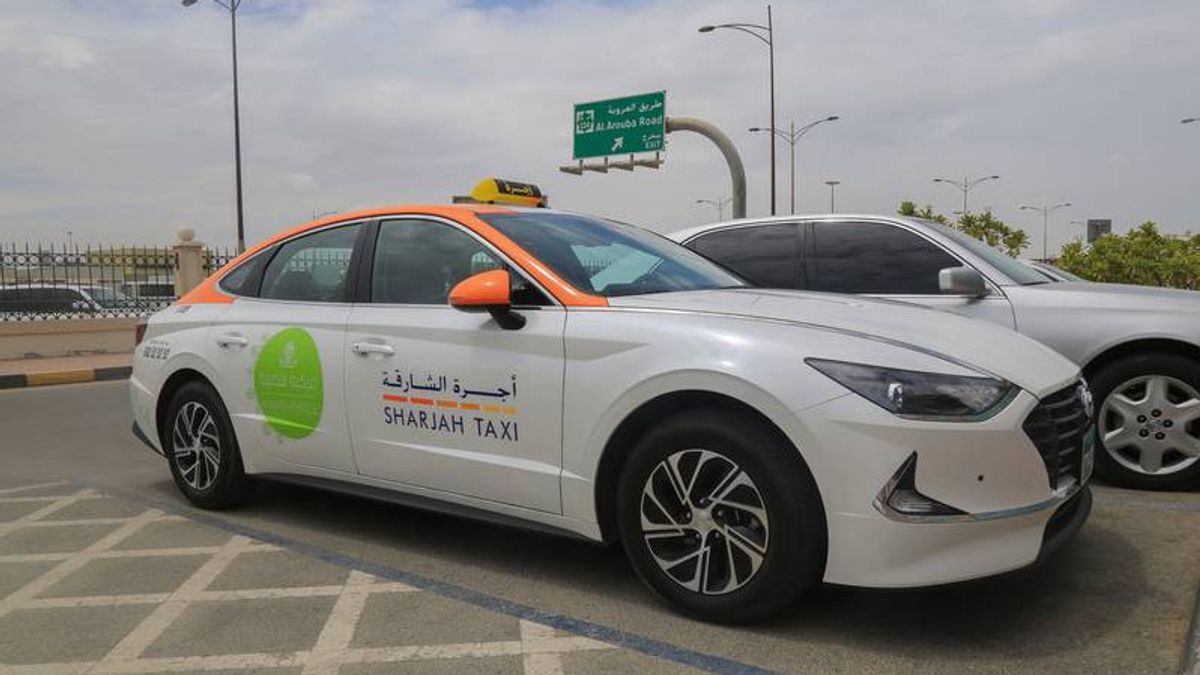JAKARTA - If there are no obstacles, taxis in Sharjah, United Arab Emirates will have a new artificial intelligence (AI) system, to monitor the behavior of taxi drivers in an effort to reduce accidents.
Sharjah Taxi operator said the technology would detect sleepy drivers or those with mobile phones behind the wheel. Sensors and cameras will be installed in the vehicle to monitor and detect driving patterns in real time.
Khalid Al Kindi, executive director of Sharjah Taxi said the 'smart taxis' will be equipped with mobile data units connected to an integrated system.
"This technology will help us to understand driver performance on the road in a sustainable manner," Al Kindi said in a statement.
"Our goal is to increase the level of service provided to the public with the highest standards of safety and security," he said.
"The system will analyze the reasons behind the driver's wrong behavior, such as using the phone while driving, being sleepy, or being distracted while driving," said Al Kindi.
The system monitors the condition of the car, including the efficiency of the electronic components, to detect any misuse of the taxi by the driver.
“This system helps regulate traffic flow and facilitates access to key places,” said Al Kindi.
The notification system will help officers identify and understand the reasons for poor driving, as well as help develop a comprehensive assessment of road performance.
Later, the entire taxi fleet will be connected to a control center that will operate nearly 750 taxis in Sharjah.
It is known that security cameras were installed in Abu Dhabi taxis in 2015 to monitor trips to ensure the safety of drivers and passengers.
Dubai introduced a new AI system for its taxis in 2020, to monitor and monitor driver behavior. The emirate's Road and Transport Authority said the technology would be used to detect sleepy and distracted drivers.
In March 2021, Ras Al Khaimah introduced a new AI system to monitor bus and taxi drivers. Known as the Shaheen, the system includes a camera mounted on the front of every bus and taxi, to assess stress levels and signs of fatigue on drivers' faces.
The system also tracks vehicle speed and can determine whether the driver braked too hard, made a sudden turn or was distracted.
The English, Chinese, Japanese, Arabic, and French versions are automatically generated by the AI. So there may still be inaccuracies in translating, please always see Indonesian as our main language. (system supported by DigitalSiber.id)








